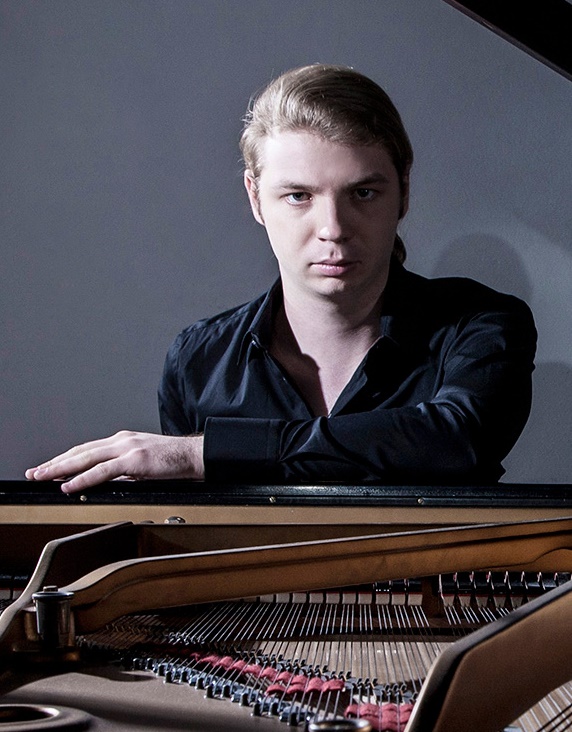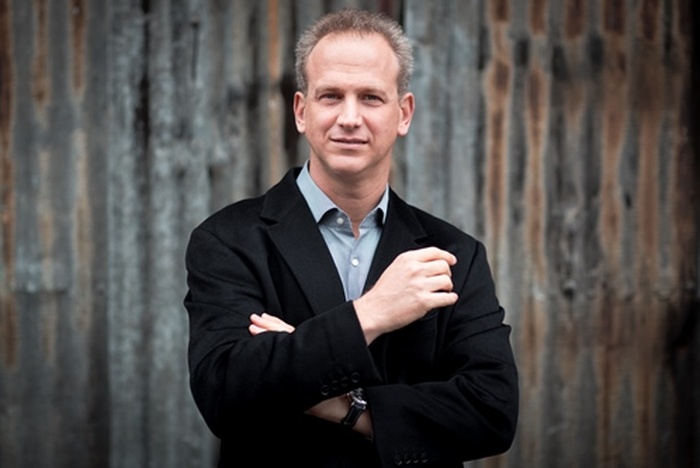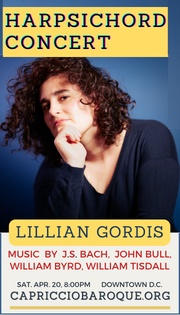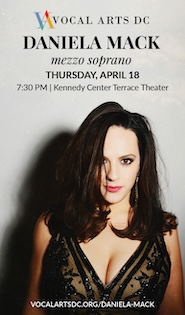Prieto and Kozhukhin make dueling high-octane debuts with NSO

Denis Kozhukhin performed Rachmaninoff’s Piano Concerto No. 3 with the National Symphony Orchestra Thursday night. Photo: Paul Marc Mitchell
For his debut with the National Symphony Orchestra, conductor Carlos Miguel Prieto wove together music of Mexico, the United States, and Russia. Music director of the Orquesta Sinfónica Nacional de México, Prieto chose nothing particularly revolutionary for this program, heard on Thursday night in the Kennedy Center Concert Hall. The verve of the performances, however, set it apart.
The evening also featured the NSO debut of Denis Kozhukhin, winner of first prize at the Queen Elisabeth Competition in 2010. Now in his early 30s, the Russian-born pianist dazzled in that most familiar of virtuoso vehicles, Rachmaninoff’s Piano Concerto No. 3. The pacing of the piece, especially in the outrageous finale, was breathtaking. More striking, from the opening of the subdued main theme in the first movement, Kozhukhin shaded each phrase with micro-gradations of dynamic change.
As the first movement cranked up in intensity, Kozhukhin often raced ahead, volatile, but Prieto sagely guided the NSO to keep in step with him. That unpredictability helped avoid the feeling, all too common in this piece, that one has heard it all before. Especially in this movement’s ferocious (larger) cadenza, Kozhukhin produced an orchestral fullness at the keyboard. When the flute entered at the end of the breakout solo and dovetailed into the flurry of the pianist’s hands, it came almost as an unexpected surprise.
After a molasses-thick introduction in the strings, Kozhukhin likewise took the second movement with quicksilver rubato, more volcanic and explosive than saccharine. No moss was allowed to grow given the tempo choices, the faster portions more of a blurred waltz than individually precise details. In some ways it left little room for that bravura finale to ratchet the energy up any further. Kozhukhin’s remarkable facility and ability to make textures transparent more than made up for the occasional helter-skelter moments.
Kozhukhin thanked the audience for generous ovations after the Rachmaninoff with a single encore, Mendelssohn’s Song without Words, Op. 67, No. 4, in C major, a fluffy delight again showcasing the strength and accuracy of his fingers.

Carlos Miguel Prieto. Photo: Benjamin Ealovega
Prieto opened the concert with an American tribute to Mexican music, Copland’s El Salón México. Premiered in 1937, after the composer’s visits to Mexico, the piece incorporates folk melodies he heard while vacationing there. Leonard Bernstein studied the score quite closely when he transcribed it for piano, and it was a crucial influence on his Latin-influenced music for West Side Story. The opening section of the piece, a tour de force of complex metric shifts, did not quite jell rhythmically, but it soon settled into place, if remaining too tight-shouldered in concentration. Assistant principal Steven Hendrickson played the trumpet solos with flair, matched by sneering solos on the E-flat clarinet.
Far more exciting was a performance of the suite from Silvestre Revueltas’ score for the film La Noche de los Mayas, directed by Chano Urueta and released in 1939. Reportedly using Mayan folk tunes, or at least music of their descendants, attributed to Cornelio Cárdenas Samada, Revueltas builds up massive orchestral sonorities. Gong thuds and frantic high horns set the brutal tone of the first movement, played with weight by the NSO. The second movement pulsed with dance rhythms, the same sort of multimetric complexity that sounds a little forced in Copland’s appreciation.
The third movement opened in menacing gloom, before the sun dawned in the middle section of the movement, shimmering with lush strings and serene flute solos. The thrill of the piece came in the atavistic finale, given expressive force and rhythmic crunch by a crack ensemble of twelve percussionists filling out the battery with every conceivable kind of thump, crack, scratch, and boom, even the otherworldly blast of the conch shell.
Such a piece would outshine any encore, and it certainly did so with the overlong Huapango by José Pablo Moncayo, a contemporary of Revueltas. With yet more metric interplay but without the ostentatious percussion, it was too much of a good thing.
The program will be repeated 11:30 a.m. Friday and 8 p.m. Saturday. kennedy-center.org; 202-467-4600








Posted Nov 16, 2018 at 11:13 am by Kelly
Wonderful review! I was at the show last night and dazzled myself. What a treat.